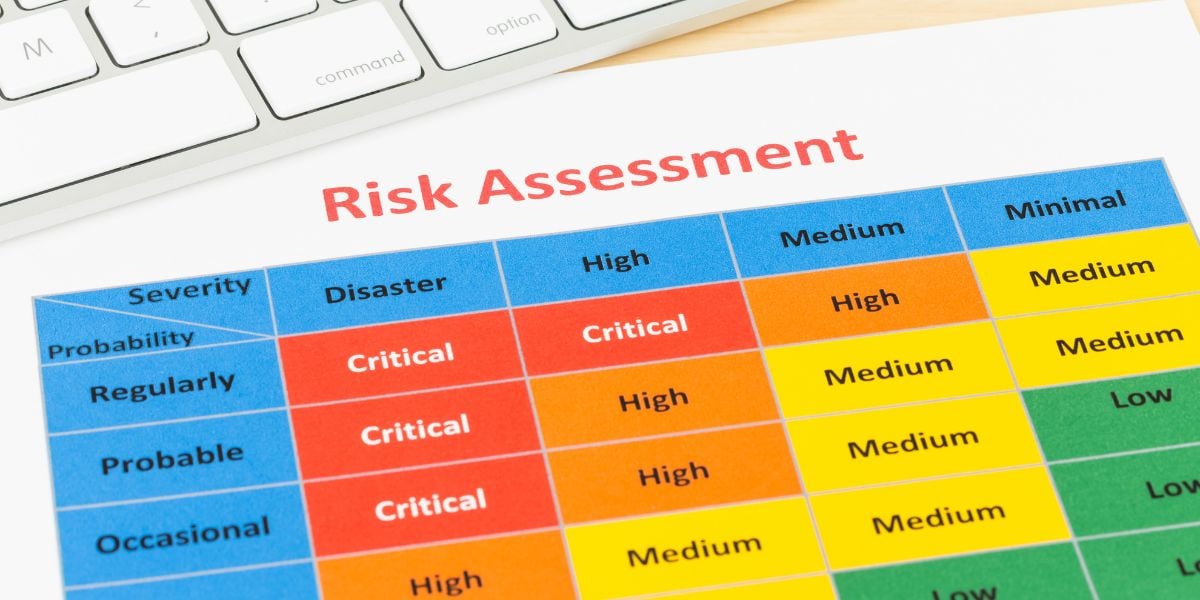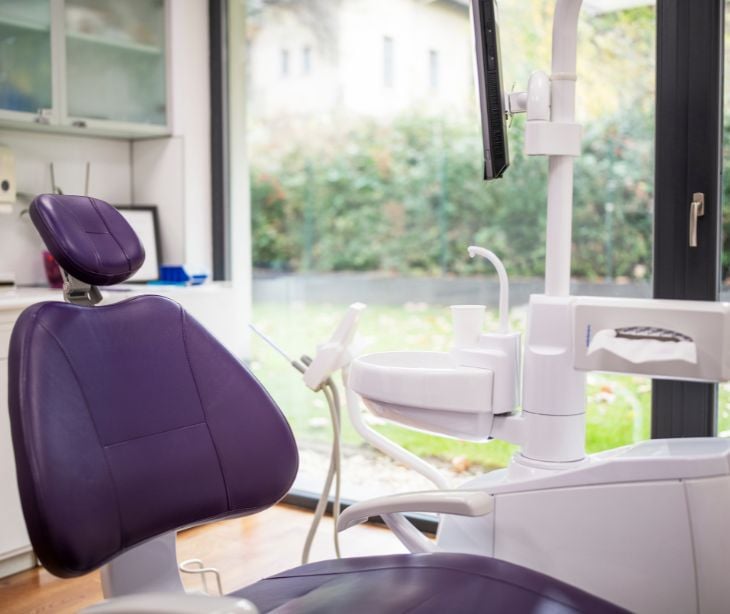
Conducting risk assessments enables dental practices to identify weaknesses in their security policies and implement appropriate safeguards to mitigate risks, ultimately protecting patient privacy. This approach helps prevent avoidable HIPAA violations and demonstrates a proactive commitment to HIPAA compliance.
Why do dental practices need a risk assessment?
A HIPAA risk assessment is relevant to dental practices in need of protecting patient privacy and electronic protected health information (ePHI) and maintaining HIPAA compliance. It identifies vulnerabilities in its information system, networks, and physical security measures. A failure to conduct a risk assessment and address identified risks can have legal and financial consequences for dental practices.
Related: How to perform a risk assessment
The forms of risk assessments
Various forms or approaches can be employed to assess the risks associated with protected health information (PHI) and ensure compliance. Dental practices must choose the most appropriate form of HIPAA risk assessment based on their specific needs and resources.
Comprehensive risk assessment
This type of risk assessment involves thoroughly evaluating all aspects of HIPAA compliance within the organization. It includes assessing administrative, technical, and physical safeguards to identify potential vulnerabilities and risks to PHI.
Security risk assessment
A security risk assessment specifically focuses on evaluating the security measures and controls in place to protect electronic PHI (ePHI). It examines access controls, network security, encryption, system monitoring, and incident response to assess potential risks and vulnerabilities.
Related: What is the HIPAA Security Rule?
Privacy risk assessment
Privacy risk assessments primarily concentrate on the policies, procedures, and practices related to the privacy and confidentiality of PHI. They assess how PHI is collected, used, disclosed, and managed within the organization, identifying potential patient privacy risks.
Technical risk assessment
This type of risk assessment is centered around evaluating the technical infrastructure, systems, and applications that handle ePHI. It includes assessing vulnerabilities in hardware, software, network infrastructure, and electronic storage systems to determine potential risks and vulnerabilities.
Business associate risk assessment
A business associate risk assessment is performed when a covered entity (such as a dental practice) works with external vendors or service providers who have access to PHI. It involves evaluating these business associates' security controls and practices to ensure they are compliant with HIPAA regulations and do not pose a risk to the PHI they handle.
Related: Business associate agreement provisions
Breach risk assessment
In the event of a potential data breach, a risk assessment is conducted to evaluate the extent and potential impact. It involves assessing the nature of the breach, the types of PHI involved, the individuals affected, and the risk of harm to patients.
Ongoing Risk Assessment
Rather than a one-time assessment, this risk assessment involves conducting regular reviews and evaluations to identify and address evolving risks to PHI. It is an ongoing process that ensures the organization remains vigilant and proactive in managing risks.
When does a risk assessment need to be performed?
The first risk assessment should be conducted when a dental practice establishes its HIPAA compliance program for the first time. This helps identify potential risks and vulnerabilities and lays the foundation for implementing appropriate safeguards.
Conducting regular risk assessments as part of an ongoing risk management program is recommended. The frequency of these assessments can vary depending on factors such as the size of the dental practice, the nature of its operations, and the complexity of the technology systems. Typically, risk assessments are conducted annually, but more frequent assessments may be necessary in high-risk environments or if there have been significant changes within the practice.
Afterward, a risk assessment should be conducted whenever significant changes to the dental practice's operations, technology systems, or processes that handle protected health information (PHI). If a dental practice experiences a security incident or a data breach, a risk assessment should be conducted as part of the incident response and investigation process.
American dental association guidance on risk assessments
The ADA's Center for Professional Success offers resources and information to assist dentists in understanding and complying with HIPAA requirements. They provide guidance on topics such as the HIPAA Privacy Rule, Security Rule, breach notification, risk analysis, and risk management.
Additionally, the ADA has published a guide that provides an overview of HIPAA requirements and offers recommendations for achieving compliance. Although it does not explicitly outline a step-by-step process for risk assessments.
Third party services and risk assessments
Dentists can benefit from specialized knowledge provided by third party service providers and software. These services can offer insights, provide objective perspectives, and assist in implementing best practices to ensure the dental practice meets its HIPAA compliance obligations and effectively mitigates risks to protect patient health information.
Services can range from those that assist in reaching the goal of HIPAA compliance and those that help maintain it, such as HIPAA compliant email providers and risk assessment software.
Related: Using HIPAA compliant software in dental offices
Subscribe to Paubox Weekly
Every Friday we'll bring you the most important news from Paubox. Our aim is to make you smarter, faster.



